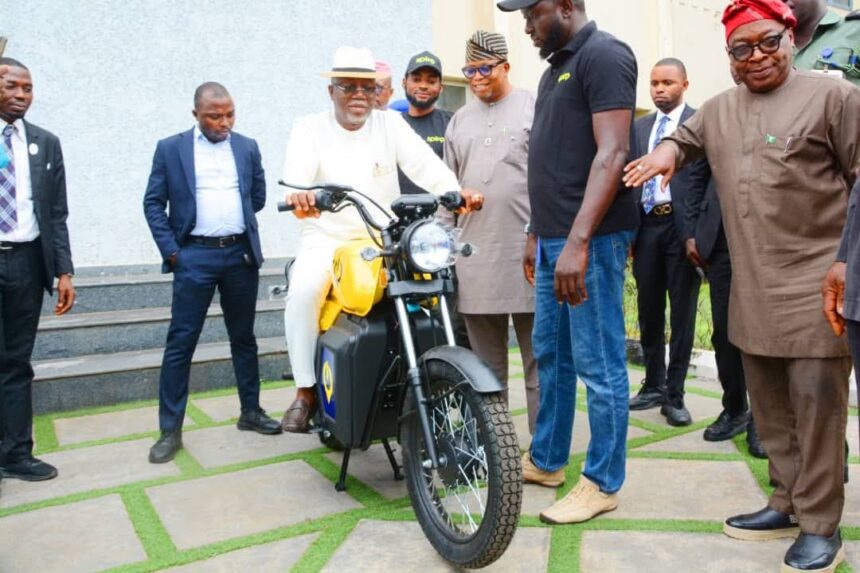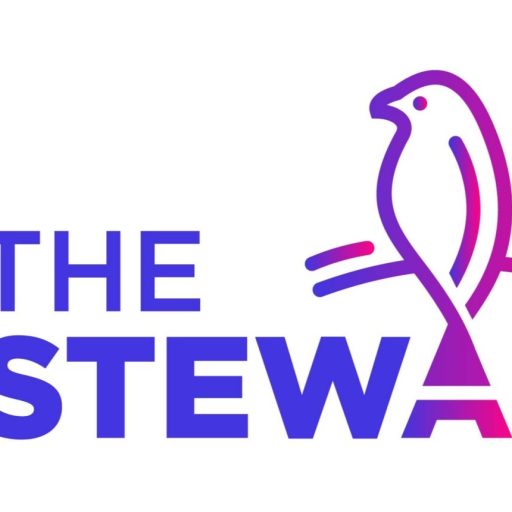As the Ondo State Government, under the leadership of Governor Lucky Orimisan Aiyedatiwa, partners with Spiro to launch electric-powered bikes and tricycles, many stakeholders are calling on the administration to seize this opportunity to gradually phase out commercial motorcycles, popularly known as Okada, in favour of electric tricycles that offer safer and smarter transport alternatives.
The electric mobility project, powered by the Ondo State Power Company, marks a major step toward creating an environmentally friendly and economically progressive state. However, beyond its climate benefits, the initiative opens a path to rethink urban mobility in a way that reduces crime, improves safety, and modernizes city life.
Over the years, the use of Okada in major towns like Akure, Ondo, Owo, Ikare, Okitpupa and Ore has come under scrutiny due to the rising incidents of fatal accidents, traffic disorder, and security threats. In several cases, motorcycles have been used for quick criminal operations, evading security checkpoints with ease.
Additionally, the informal and largely unregulated nature of the sector has made enforcement of traffic laws nearly impossible, leaving pedestrians, commuters, and even the riders themselves exposed to daily risks.
Electric tricycles, by contrast, offer a cleaner, safer, and more regulated form of public transport. Their three-wheel design provides stability, making them suitable for passengers of all ages, including children and the elderly. They produce zero emissions, helping to reduce pollution and contribute to a healthier urban environment. Unlike motorcycles, electric tricycles can be integrated into a formal transport system with registered riders, standard routes, and safety compliance measures.
As seen in cities like Lagos, Abuja, Enugu, Edo, Kaduna and few other states, restrictions on Okada have led to more orderly roadways, reduced crime rates, and higher investment interest. Ondo State now has the chance to follow this example , not by enforcing a sudden ban, but by introducing electric tricycles gradually, especially on major roads and high-traffic urban corridors.
To ensure smooth adoption, the government must begin with a pilot phase in Akure, working with transport unions to retrain and transition willing Okada riders into the new system. It should also invest in charging and battery swap infrastructure, enforce clear regulations on usage, and collaborate with microfinance institutions to make the vehicles accessible.
The introduction of electric tricycles should not be viewed in isolation but as part of a long-term plan to modernize Ondo’s transportation system, reduce insecurity, and elevate the quality of life for residents. With proper implementation, the Aiyedatiwa-led government could set a precedent for sustainable, secure, and smart transport governance in Nigeria.
However, failure to replace commercial motorcycles (Okada) with electric tricycles at this critical moment may set Ondo State back by another decade, delaying its transition to a safer and more modern transport system. Continued dependence on Okada not only reinforces disorganized mobility and frequent accidents but also poses serious security concerns that discourage investors and hinder urban development. Without decisive action now, the state risks missing out on the economic and environmental benefits of electric mobility, while other forward-looking regions continue to attract innovation and private sector growth.















